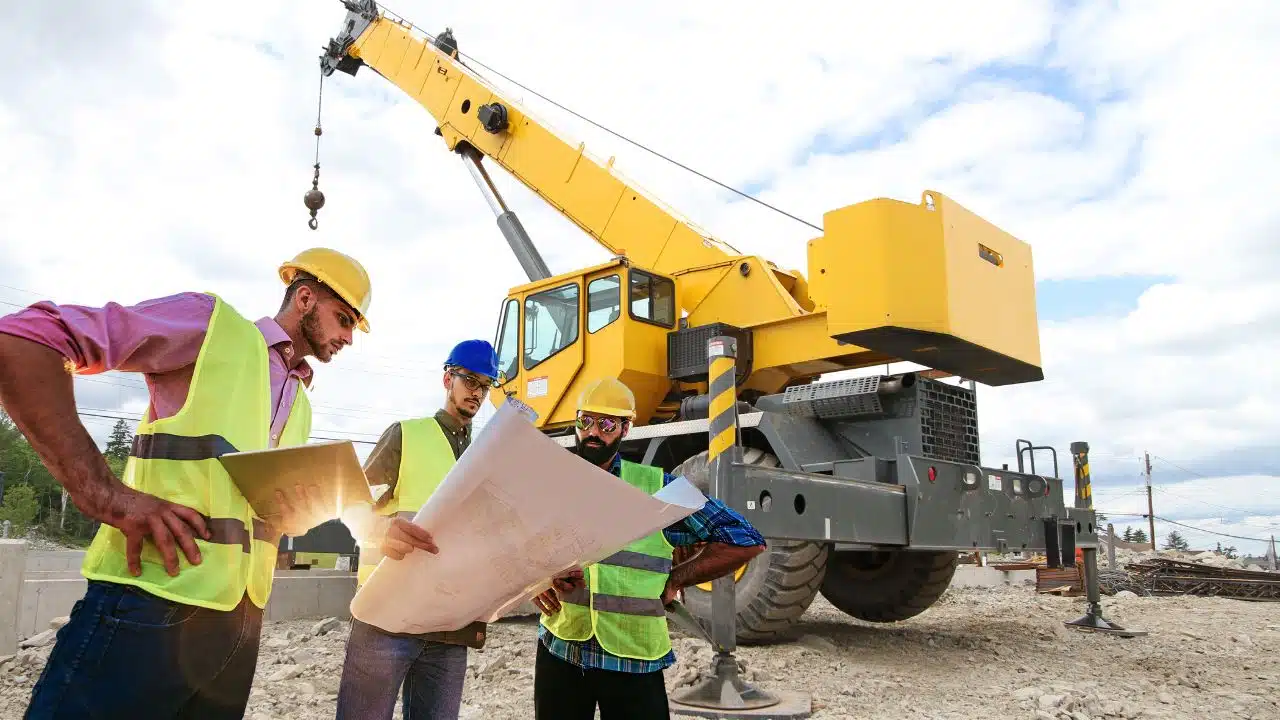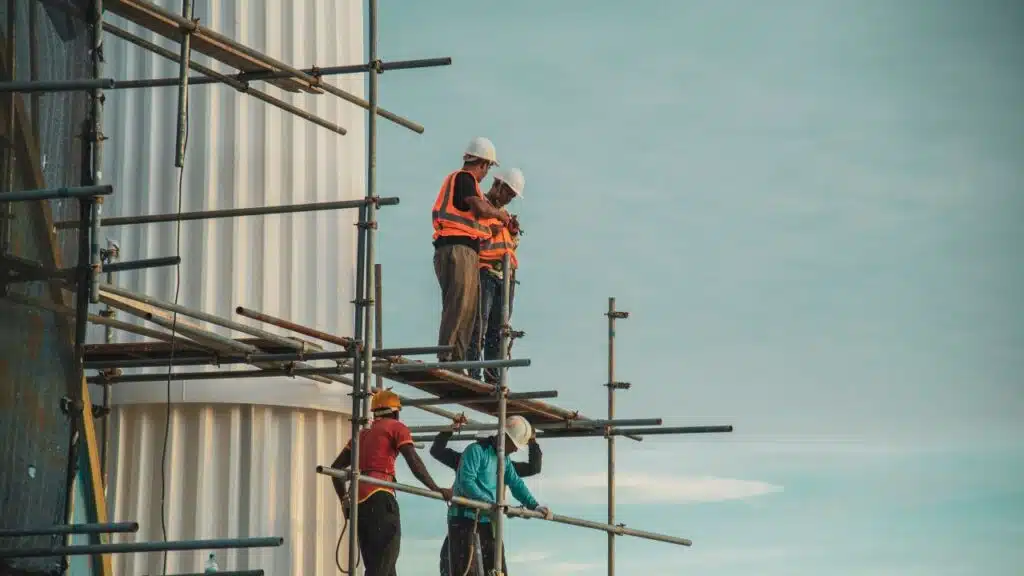Delivering materials in the building and construction industry can be a complex task. There are numerous factors that can make delivering these materials challenging, including safety protocols, site access issues, specific handling requirements, and strict timelines. This is why it is essential to select a reputable service that has the equipment and resources to handle construction logistics.
There are third-party logistics (3PL) providers that can handle the workload for a buiding and construction company, even if they are manufacturing materials. Some of these 3PL providers might need to partner with other companies to handle heavier materials, but this is entirely possible. They will be well-equipped to offer last-mile delivery services that meet the needs of building and construction companies.
In this post, three of the main ways that optimized last-mile delivery is revolutionizing the building and construction industry.
Automation and Robotics
Last-mile delivery in the building and construction industry can be challenging when items are oversized or very heavy, such as precast concrete. These deliveries can be made more difficult when the delivery locations are difficult to reach or remote. However, this might change when autonomous vehicles pass the testing stage for these tasks.
Autonomous delivery fleets, specifically for construction materials, could improve the efficiency, productivity, and safety of transporting equipment to job sites. These vehicles will be designed and maintained to navigate delivery routes. Others might be used to transport materials between different areas of the site, freeing up on-site workers to complete other tasks.
Real-Time Tracking
When delivering building and construction materials, it is essential that project managers are kept informed about their delivery status. This is when real-time tracking during last mile delivery in the building and construction industry comes into play. GPS devices are common in logistics, and they are also used in construction logistics. These devices track the delivery trucks in real time and provide updates to the project managers, who can make adjustments as required.
The real-time tracking software that is used by last-mile delivery services also allows drivers and project managers to communicate constantly. This means if any issues arise, such as traffic jams, then project managers can be kept updated. Additionally, if the site manager is aware that access is blocked, they can let the driver know and plan around this problem. It will allow the building workers to plan for the arrival of materials, too.
Routing and Optimization Software
Technological innovations have improved last-mile delivery in the construction sector through efficient routing. Routing and optimization software allow for timely deliveries, which are crucial to ensure the building and construction projects go ahead without delay. This takes into consideration the restricted access points and specific delivery windows that construction sites may have.
Route optimization software will find the most efficient routes when delivering materials via last-mile delivery, considering limited access points, road closures, and other challenges. It will use real-time data to do this. This means that necessities like cement, heavy machinery, and steel beams can be delivered by large trucks when and where they are required.
To conclude, delivering materials in the building and construction industry can be complex. Thankfully, last-mile delivery is very effective in ensuring delays are kept to a minimum and materials arrive in excellent condition. This type of delivery is quickly revolutionizing logistics in the building and construction industry.






































